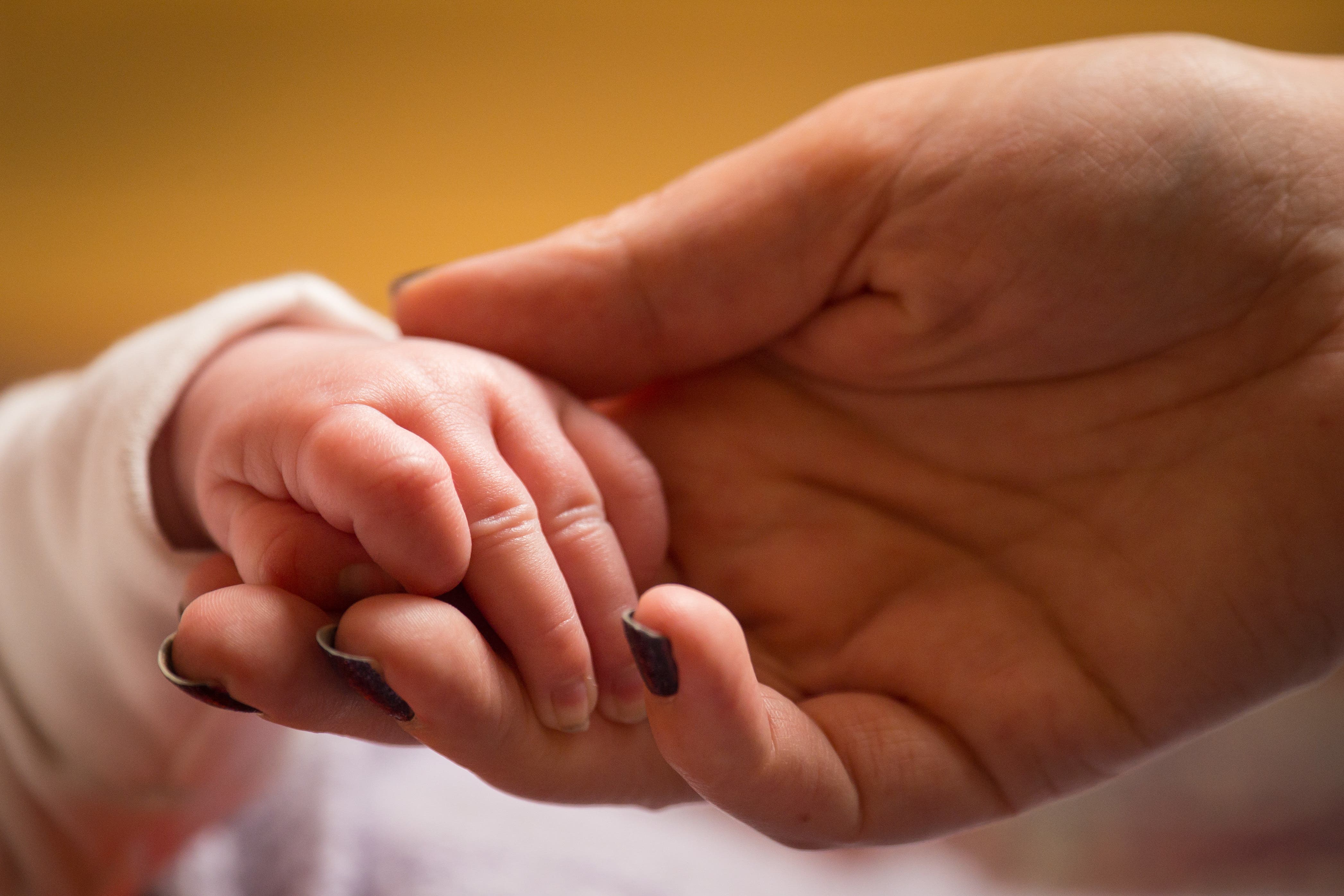‘Chaotic’ maternity unit ‘not fit for purpose’ rated inadequate by CQC
The service at Hull Royal Infirmary was previously listed as good by the regulator, but a recent inspection raised a number of red flags.

A maternity unit has been given the lowest possible rating by the Care Quality Commission (CQC) after the regulator described it as a “chaotic environment which was not fit for purpose”.
Hull Royal Infirmary, which forms part of the Hull University Teaching Hospitals NHS Trust, was visited on March 15, April 24 and April 25 as part of the CQC’s national maternity inspection programme.
Following the visit, the watchdog downgraded the hospital’s maternity rating from good to inadequate.
Inspectors said systems and risks in the antenatal day unit and triage department “were not well managed” leading to long delays in pregnant women being seen and a “chaotic environment which was not fit for purpose”.
The design, use of facilities, premises and equipment did not always ensure women and birthing people were safe
Concerns were also raised around staff training, with no policy in place outlining what training was mandatory and how often it should be completed.
The CQC found just 51% of staff were trained to assess foetal growth using the fundal height measurement against a trust target of 90%, while others did not know how to evacuate a birthing pool in the event of an emergency.
The report added that the “design, use of facilities, premises and equipment did not always ensure women and birthing people were safe”.
In one example, there was no neonatal resuscitaire – a device used to give breathing support to babies when needed – on the antenatal day unit and no plan in place for how staff could access one in an emergency.
The trust “had issues” with staffing and staff sickness, the CQC said, and there were no appraisal procedures in place to ensure workers were competent in their roles.
Staff also felt unsupported, telling inspectors that “they were not always listened to and following incidents they were not provided with compassion and support from leaders, which can be indicative of a closed culture”.
Among other issues, medicines were not always stored securely and staff “did not manage safety incidents well” or investigate them in a timely manner.
It was also reported that staff did not complete risk assessments and “did not always identify and act quickly to prevent deterioration of women and birthing people at risk”. And while records were stored securely, they were not always up to date.
However, the CQC report also found maternity service areas were clean and workers controlled infection well.
It was also noted that recruitment was ongoing to improve staffing issues.
Since the inspectors visited we have reviewed all of the areas highlighted by the CQC and we are taking immediate action to address the urgent issues raised in the report
A spokesperson said Hull University Teaching Hospitals NHS Trust is “extremely disappointed” with the outcome of the inspection and they acknowledge the findings “in their entirety”.
They added: “Since the inspectors visited we have reviewed all of the areas highlighted by the CQC and we are taking immediate action to address the urgent issues raised in the report.
“What we see in this service are many good people, with busy jobs, doing their very best to try and deliver multiple, complex and competing priorities.
“Part of our response has been to support and help our teams to improve their management of improvement actions and the governance of the service, and to strengthen the leadership in maternity.”
The trust has since appointed a number of new staff for additional support, including a head of midwifery, two additional matrons, a clinical director for maternity and neonates (newborns) and three consultants.
“This will ensure that pregnant people requiring urgent care are assessed rapidly and appropriately and receive the care they need in a safe and timely way,” the spokesperson added.
“Our maternity service is made up of dedicated and skilled clinicians and managers, all of whom are determined to address, rapidly, the areas of concern highlighted in this CQC report.
“The whole team has united to develop a short, medium and long-term strategy for improving maternity services.”
Bookmark popover
Removed from bookmarks